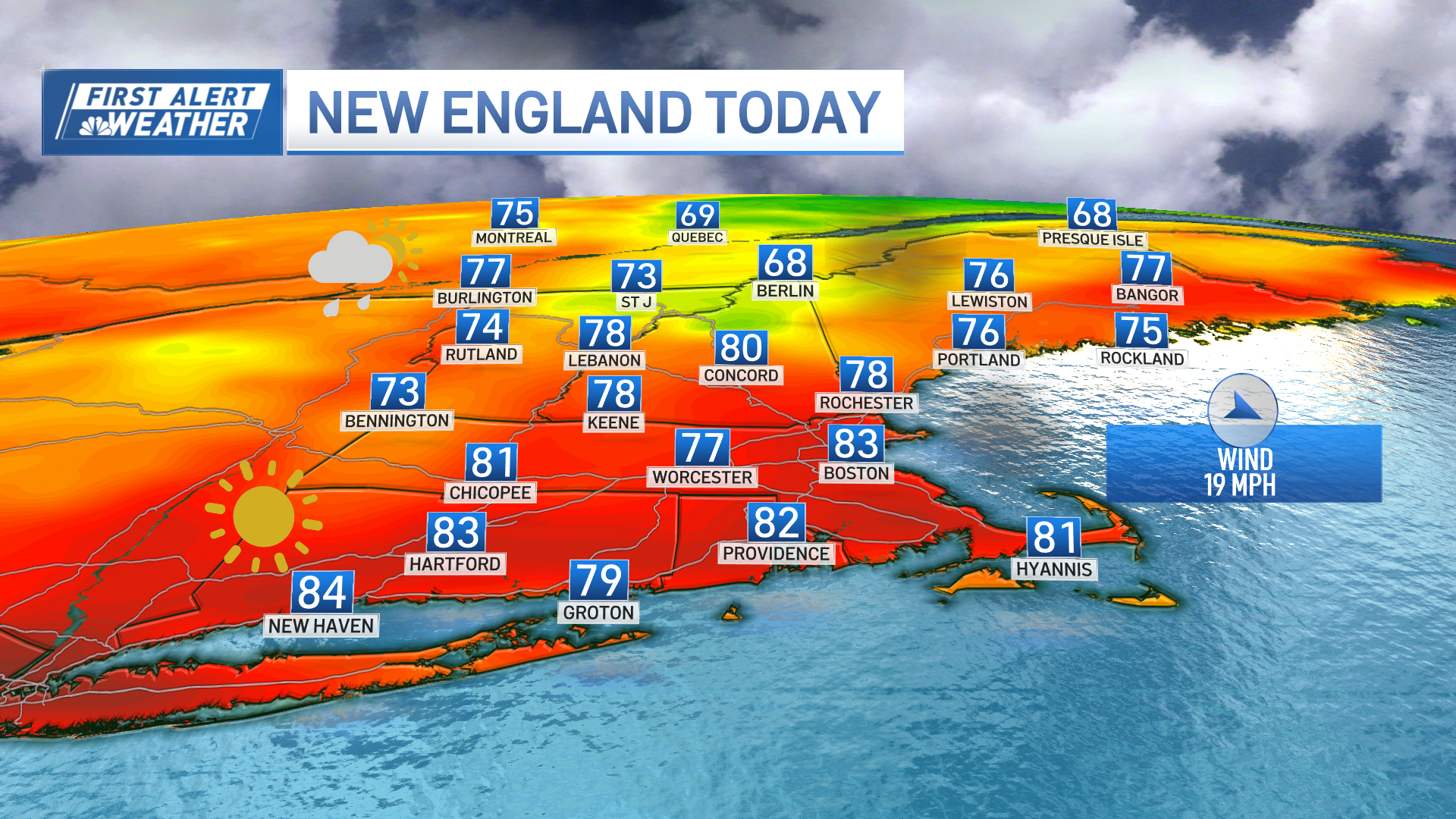The number of teens carrying guns in America is on the rise, according to a study.
More teenagers across the United States are carrying handguns, according to a Boston College study.
Researchers from the Lynch School of Education and Human Development reviewed responses to the National Survey on Drug Use and Health from 2002 to 2019, and found overall handgun carriage increased 41% among Americans ages 12 to 18.
Stream NBC10 Boston news for free, 24/7, wherever you are.
The most significant rise is among white, wealthy and rural adolescents, while rates among Black, American Indian and Alaska Native, and lower-income adolescents decreased over the same timeframe.
"The first big takeaway is that we can't assume that we know which young people are carrying, and that goes for policymakers. It goes for pediatricians, and it goes for parents, as well," said co-author Naoka E. Carey, J.D.
Get updates on what's happening in Boston to your inbox with our News Headlines newsletter.
The study did not analyze why teens choose to carry handguns or what is behind these trends.
"There are a lot of possible explanations that, I think, require further research to really understand," Carey said. "One of the things that we want to look at is what are the contexts for young people, what are the laws like in their communities, in their state, and how are those laws enforced? Is there equal enforcement of the laws that we have on the books in terms of who's carrying?"
This data raises concern about exposure to firearms for young people, says Eric Fleegler, a pediatric emergency physician at Boston Children's Hospital and a firearm injury researcher.
Local
In-depth news coverage of the Greater Boston and New England area.
"Where there are guns, the kids are at higher risk," said Fleegler. "We know that as gun ownership goes up in the U.S., we would expect that kids in the U.S. would have higher rates of access to those guns and gun carriage. We know that in the last decade or so, rates of mental health have dramatically gotten worse, and so there's a certain number of kids carrying them because of fears and anxieties themselves. There are concerns about violence in the community, and that's certainly a big narrative out there that is probably driving this, as well."
The data set explored by the Boston College study ends in 2019, so it does not look at the impact of the pandemic. The Centers for Disease Control and Prevention recently released updated official mortality data that showed firearm-related injuries became the leading cause of death for Americans 19 and under in 2020, as the New England Journal of Medicine noted this month.
"I think we have to be aware of why the kids own these guns when we look at suicides, specifically among teenagers, among adolescents, one third of the guns used in those suicides were owned by the kids themselves and over 70% of them are certainly owned by someone in the family, so these are some of those risk factors," said Fleegler.
Carey said the survey used for the study shows that Massachusetts has low rates of handgun carriage among adolescents, while it is increasing in some other New England states.
"Gun laws save lives," said John Rosenthal, founder of Stop Handgun Violence. "In Massachusetts, we have comprehensive gun laws, background checks for all gun sales, consumer protection safety standards for firearms, and we have the lowest gun death rate in the nation."
Hawaii is close, varying year to year, according to the CDC's National Center for Health Statistics.
Carey says more research is needed to understand these findings fully, including talking to young people to find out what is going on.
"Regardless of the reasons that young people are carrying, it puts them at increased risk of accidental injury, of involvement in homicide and for suicide," she said. "And so, we really want people to be thoughtful about what kinds of harm reduction techniques we should be applying while we try to understand what the root causes are for carriage or for violence. That includes making sure that if you're a gun owner and you're a parent, that you're really keeping your gun away from your young person to make sure that they're safe and that no family has to deal with a tragedy."



